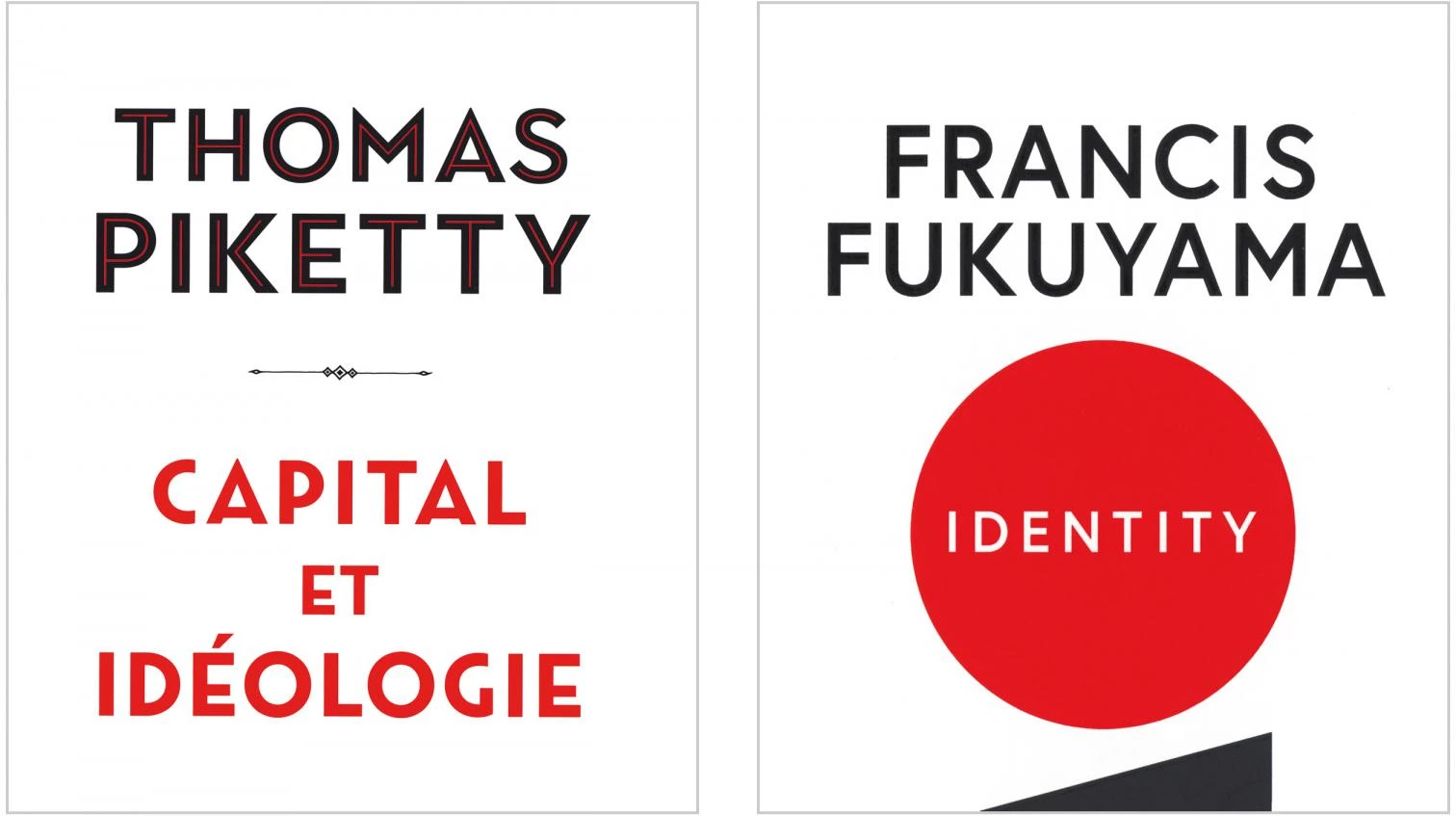
The latest books of Thomas Piketty and Francis Fukuyama address the populist challenge from complementary perspectives. The French economist expands the scope of his studies of income and inheritance inequality in Le capital au XXI siècle to include education inequality, and also the ideological justification of inequality that fuels the current boom of identitarian nationalism; while the American political scientist, who in Political Order and Political Decay warned about the dangers for democracy of populist uprisings against the abuses of the elites, now tackles the rise of the variant of nationalism that the likes of Trump, Putin, or Erdogan embody, driven not so much by economic motivations as by the demand for recognition of diverse and opposed identities.
Beyond diagnoses, both propose political tools for dealing with the present crisis: Piketty a participatory and internationalist socialism, higher taxes, and making property social and temporary; and Fukuyama the reinforcement of liberal democracy to avoid national identity built on ethnic elements, and using the demand for dignity underlying identitarian politics to increase social cohesion.
Capital et idéologie is presented as an extension of its author’s previous bestseller, but covers more geographic ground and differs in approach, being focused on analyzing the ideologies that justify inequality with the fallacious meritocratic narrative of hypercapitalism, defended both by the ‘Merchant Right’ and the ‘Brahmin Left.’ In opposition to them, Piketty questions the sacralization of property as much as educational hyprocrisy, and his proposal of economic mutations comes with the idea of radically transforming access to knowledge.
Fukuyama is more modest in his proposals and in the length of his prose, but Identity is a lucid and elegant dissection of the political and intellectual crisis that has brought about populist nationalism, politicized Islamism, or the identitarian controversies of university campuses; phenomena which demand forms of individual or social recognition based on nation, religion, or race. Going back to Plato, Luther, Rousseau, Kant, or Hegel to explain the intellectual foundations of gender politics, Brexit, or the Syrian crisis, he offers a detailed picture of a world that changed dramatically “sometime in the middle of the second decade of the twenty-first century.”
Though Piketty’s radical impetus contrasts with Fukuyama’s liberal reformism, both denounce inequality and stress the importance of ideas, as much in falsifying the representation of the world as in making it a better place for individual and collective life.







